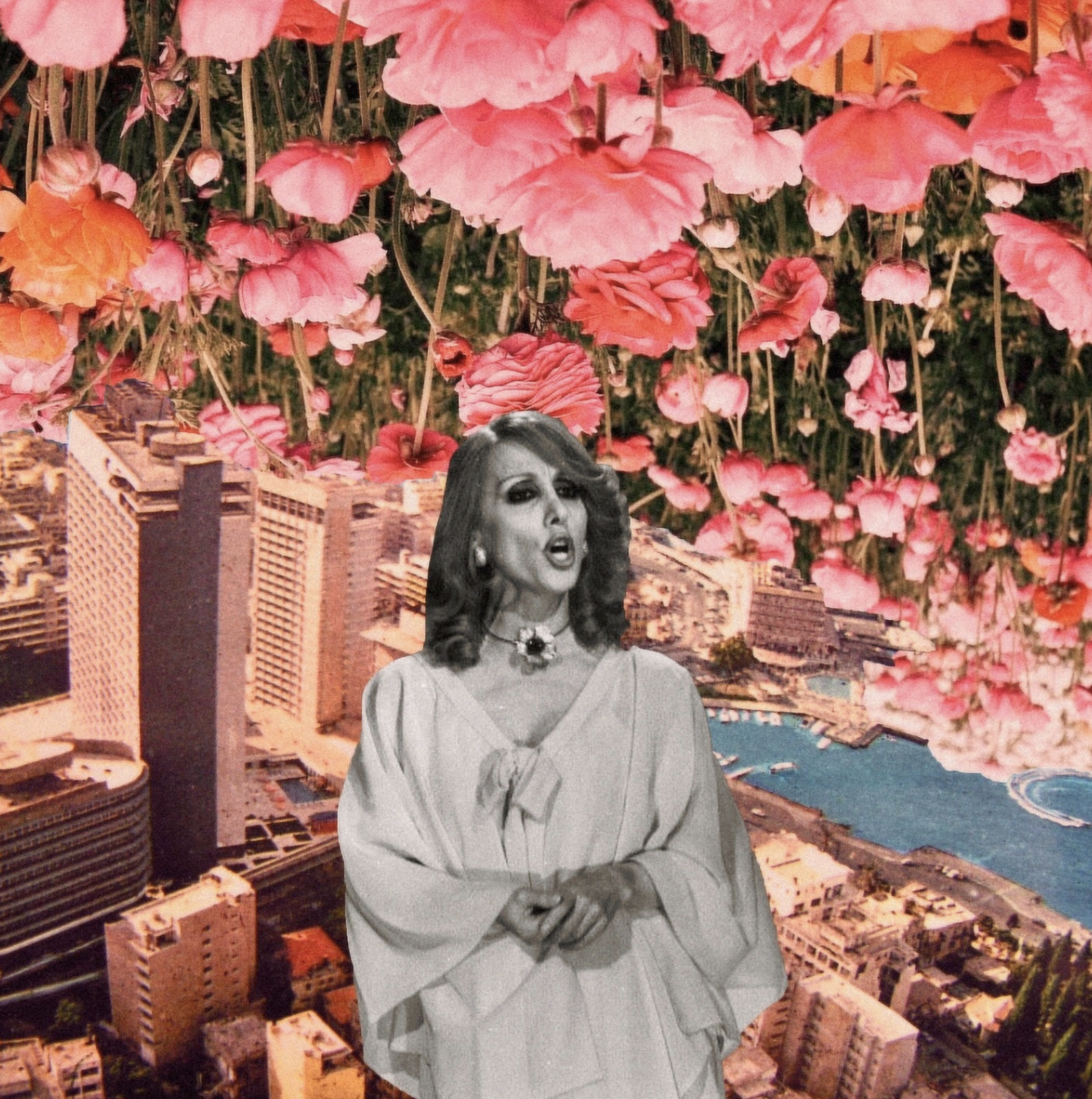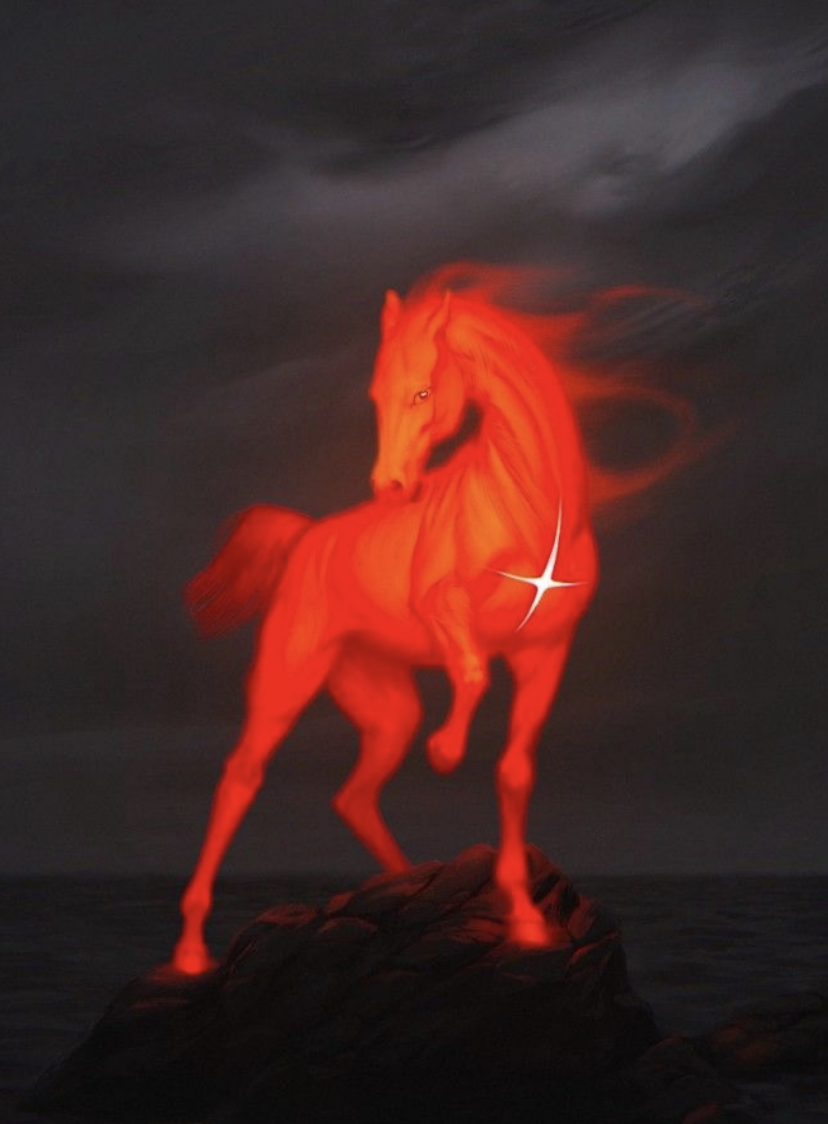It seems like nostalgia can never really escape us as Arabs.
It sits quietly in our morning rituals, in the way we pour coffee, in the way our grandparents’ voices still echo in our kitchens.
It’s in the sobhiyye, that sacred morning coffee gathering that becomes less about caffeine and more about connection. It’s in how we still like to preserve our heritage - we're Phoenicians, Pharaohs, Bedouins — as if history is a family member we refuse to let go of.
By Cynthia Jreige

Maybe nostalgia isn’t something we remember. Maybe it’s something we inherit.
It shows up in the little things. In teta’s endless prescriptions: “drink a 7UP to feel better,” “rub rose water on your skin,” “orange blossom cures the spirit.” In the way we hold onto our crafts, embroidering the same stitches our great-grandmothers did, weaving the same palm, beating the same copper. Even in cities that keep reinventing themselves every decade, our instinct is to preserve, to archive, to remember.
It’s also in our traditions, the ones that quietly survive time.
In reading the future in coffee cups turned upside down, tracing stories in the leftover grounds as if the universe still speaks our dialect. In blowing out candles over a Forêt Noire cake, served with a fruit salad, a 'lazy cake' and a side of packaged whipped cream. And for the younger ones, nostalgia comes secondhand; inherited, imagined. We mourn the Lebanon that had a train, the Beirut once called the Paris of the Middle East, the Damascus of cinemas and jasmine balconies, the Cairo of black-and-white films. We feel attached to memories we never lived, places we only know through family photos, old songs, or stories told in kitchens thick with the smell of cardamom coffee.

Nostalgia, for us, is less about looking back and more about holding on — to smell, to sound, to story. The Arab world moves fast, but our sense of self seems to move through time in layers. A jar of pickles beside an iPhone, a tattoo of an ancient god under a designer sleeve, an oud note lingering in a minimalist Dubai apartment.
We affirm our identities every day not because we’re unsure of them, but because the act of remembering feels like a rebellion against erasure. To remember is to exist.
Maybe that’s why we can’t let go. Because nostalgia, to us, isn’t melancholic. It’s medicinal. It’s the rose water we splash on our faces in the morning, the cardamom we insist on in our coffee, the photo we keep on the fridge long after the color fades. It’s how we make sense of who we are in a world that keeps asking us to forget.
So, is nostalgia an Arab gene?
Maybe. Or maybe it’s just our favorite way of saying: we’re still here.
.png)
.png)




.png)